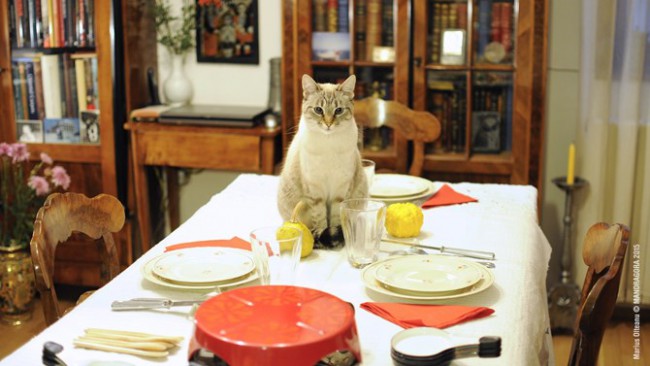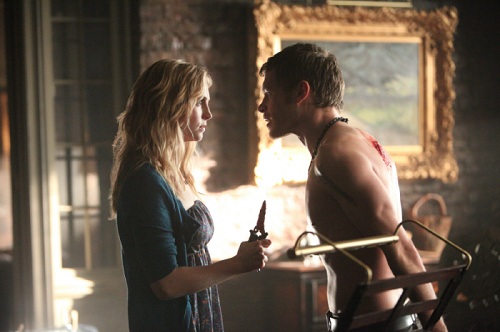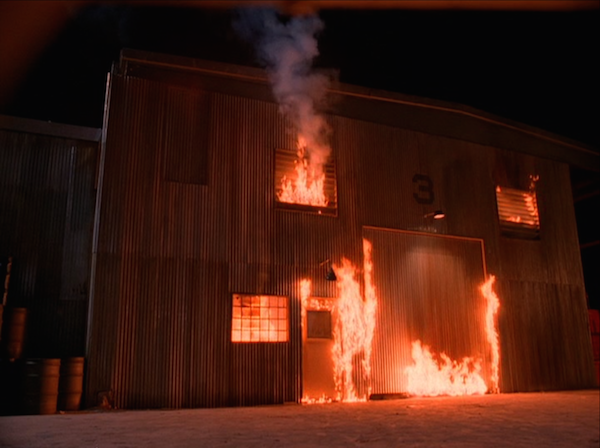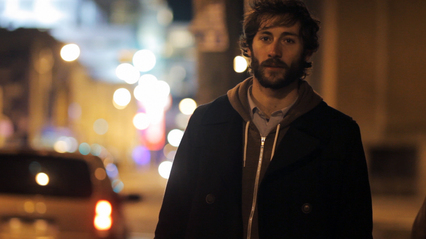
Self-Portrait of a Dutiful Daughter
Written by Ana Lungu
Directed by Ana Lungu
Romania, 2015
Cristiana (played by Elena Popa) is thirty years old. She has been brought up in a “proper”, bourgeois Romanian family. She is a PhD student of Earthquake Engineering and divides her time between her married lover, her newly-owned apartment which her parents have recently moved out and into which she now wants to bring a dog, and engaging in endless quasi-philosophical conversations with her close friends, Alex and Michelle. Her professor likes to give lengthy monologues on earthquake statistics, which she listens to duly. In her eagerly awaited rendezvous, her statuesque lover Dan (Emilian Oprea) likes to comment on the masculinity of her name and reserves the right to define “beautiful” in their relationship. Finally living by herself, she rebelliously wants a dog while her father forbids it. Facing opposition, prohibitions and directives for living her life from men in almost every part of her life, Cristiana wades through life unenthusiastically, somehow less involved in it herself than everyone else is. In a typically Romanian New Wave style, screenwriter and director Ana Lungu paints a humorously bleak picture of conformity with minimalistic plot and performances, offering no grand gestures or shocking denouements.
Simone de Beauvoir’s autobiographical novel, Memories of a Dutiful Daughter, seems to be an obvious source of inspiration for the title of the film. However, there are some other similarities, too: a few years after the Second Sex, de Beauvoir has written about her Catholic upbringing and how until her twenties, she was making herself into “a dutiful daughter” to make her parents feel like good parents, and especially her mother, a good mother and therefore a proper woman. Firmly grounded in scientific thought, Lungu’s Cristiane escapes Catholicism with her family, but battles the bourgeois notions of “proper” and the traditional role of a woman in society, her mother often offering completely sensible comments at family dinners which seem to be passionately ignored and disparaged by all other members of her family, including Cristiana’s father. Cristiana seems to faintly realise how her being a woman, and a young-adult woman dependent on her family at that, almost completely obliterate (but are also in a way inseparable from) the social privileges of an educated, wealthy background. However, the irresistible charms of conformism seem to prevent her from doing something about it for the most part, again somehow reflecting de Beauvoir’s idea of women as accomplices to their oppression, drowning in the cosiness of passivity, escaping the anxiety of existence; and in less-abstract terms, de Beauvoir’s path to her own emancipation from a bourgeois family and being half-thrilled by the prospect of working to make a living.
The Romanian New Wave has been mostly comprised of male authors, and as fine as their films often are, it’s nice to see an example of a woman’s subjectivity on film as well, and a well-crafted one at that. However, it is worth noting that although premiering in the feminist programme section of this year’s Rotterdam film festival, Lungu’s film seems less consciously feminist (feminism, after all, having always been a better fit to western than eastern European art production) than simply presenting a specific, perhaps generational experience of young adults half-avoiding, half-being-denied independence, an experience that is very possibly not termed “universal” simply on the basis that it isn’t male. Luckily, if the word on the street (or a recent analysis by the European Audiovisual Observatory) is to be trusted, more of the kind are to follow in the next few years.





